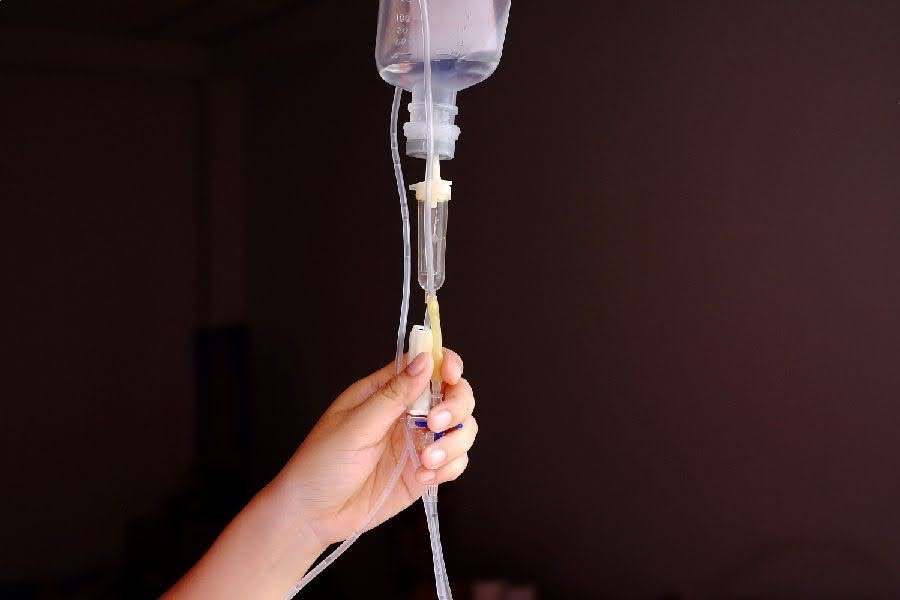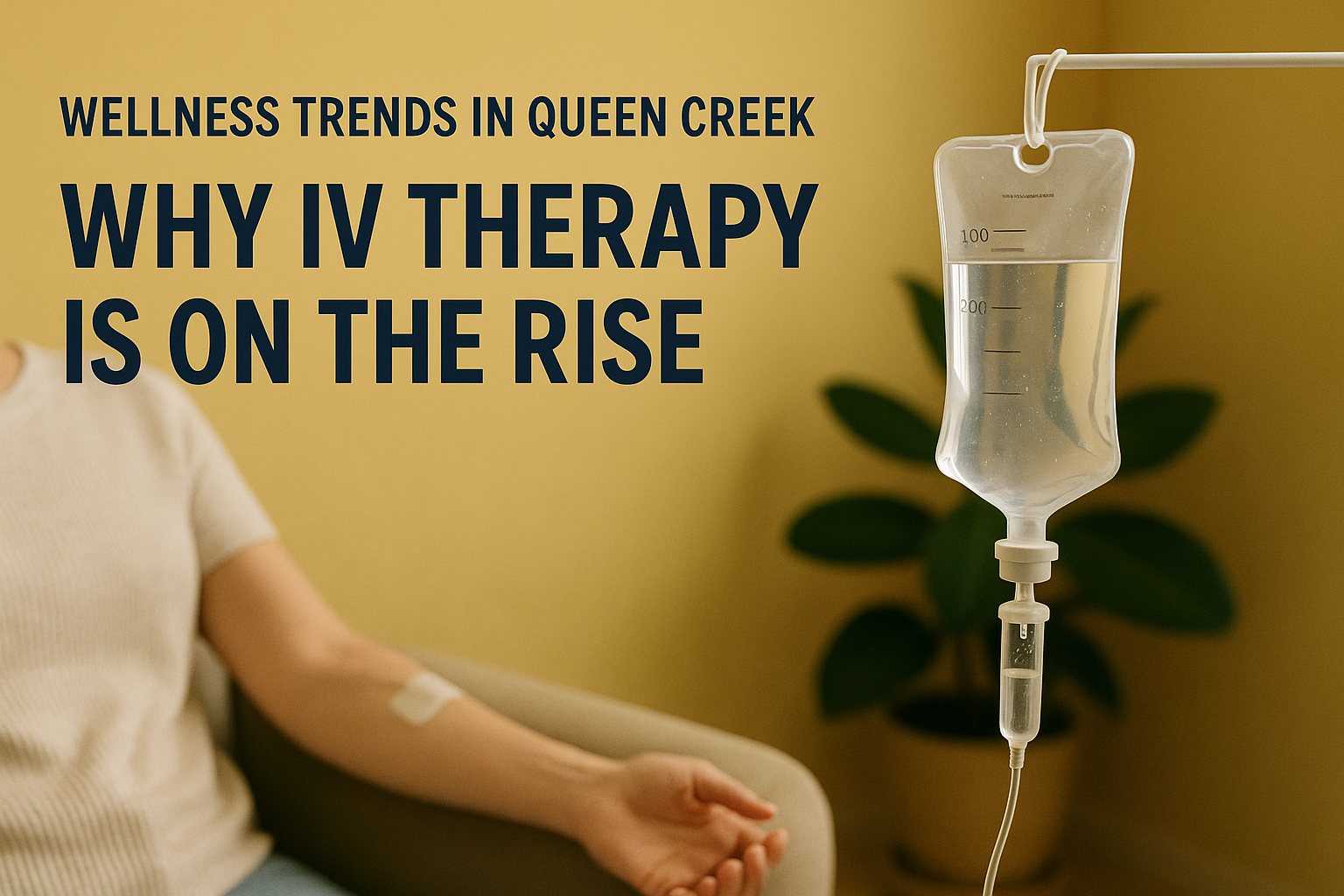NAD+ therapy involves receiving NAD+ IV infusions, which is a coenzyme of vitamin B3, vital for metabolism, energy, and cellular health. Before deciding to take this therapy, you should consider: is NAD therapy safe for you?
NAD IV therapy is getting more popular for its potential health benefits, but it is essential to understand its safety aspects to avoid potential risks and side effects. That is why this post aims to explain NAD+ IV therapy’s characteristics, mechanisms of action, and safety considerations.

Source: shutterstock.com / Photo Contributor: Numstocker
Understanding NAD+ IV Therapy
NAD+ is a crucial nucleotide that might be an essential cofactor for many cellular processes, including DNA repair, energy production, and regulation of gene expression.
This treatment administers NAD+ directly into the bloodstream, bypassing the digestive system. The method allows NAD+ to be rapidly absorbed and available for cellular processes. NAD+ affects cellular processes because it is involved in many enzymatic reactions. It carries hydrogen and electrons and participates in redox reactions.
Additionally, NAD+ might be involved in DNA repair processes. It is also crucial for restoring NAD+ levels in the body. This may improve cellular function and overall health.
Moreover, your body cannot transfer the energy from the food to the vital cell functions without NAD+, especially the brain. However, NAD+ levels begin to decline because of lifestyle, diet, alcohol, stress, etc. Hence, if you require such therapy, the mobile IV drip Arizona offers NAD therapy provided by trained nurses.
Is NAD IV Therapy Safe?
Many consumers have used it and may have benefited from it. According to studies of NAD+ pharmacology, NAD+ IV therapy has been used for patients with Parkinson’s disease and possibly showed good improvement.
But are NAD infusions safe? It might be considered safe for you when administered by qualified nurses. However, while NAD+ therapy may be safe for most patients, some of them might have side effects. They might be:
Nausea
Brain fog
Vomiting
Fatigue
Cramps
Headaches
Abdominal pain
Diarrhea
Redness or swelling at the injection site
Bruising at the injection site
Factors influencing the safety of NAD+ IV therapy
Dosage – The dosage of NAD+ administered through IV therapy is crucial in determining the safety of the treatment. A medical professional should determine the right dosage according to your condition.
Administration technique – The correct administration technique is important to ensure the safety of NAD+ IV therapy. The therapy should be performed by trained nurses who follow strict aseptic techniques to prevent infections.
Patient monitoring – Close monitoring of patients during NAD+ IV therapy is essential to identify any adverse reactions or side effects on time. Nurses should monitor vital signs and be ready to address any concerns or discomfort the patient might feel.
Personal health conditions – Your health conditions can influence the safety of NAD+ IV therapy. That is why it is crucial to check existing conditions and medications taken.
NAD+ IV Safety Considerations
NAD+ IV therapy should be given by qualified professionals, like trained nurses, who have the necessary knowledge and experience needed to administer this therapy. Nurses will monitor the patient during the treatment and be prepared to react in case of adverse reactions.
You should have a conversation with the nurse before starting NAD IV therapy. This will allow detection of any health conditions and reduce the risk of contraindications.
Additionally, each individual’s medical condition and needs may vary. That is why developing personalized treatment plans for NAD+ IV therapy is crucial. This includes determining the right dosage and duration of treatment.

Source: shutterstock.com / Photo Contributor: CNK02
Regulatory Status and Professional Guidance
If you are considering NAD+ therapy, professional guidelines, and regulatory status are important factors to take into account. NAD+ therapy is not FDA-approved, but it is regulated as a dietary supplement.
However, NAD+ may be beneficial for muscle recovery, anti-aging treatment, athletic performance improvement, etc. As mentioned, it is important to seek treatment from licensed nurses since they will know how to administer NAD+ intravenously.
Conclusion
Is NAD IV therapy safe? This therapy is usually considered safe when administered by a trained nurse. They can provide tailored treatment based on your condition and needs. Do not forget that, as with any other therapy, there might be specific side effects, like nausea, brain fog, fatigue, vomiting, etc.
Moreover, some factors influence the safety of NAD IV therapy. These include dosage, administration technique, patient monitoring, personal health conditions, and provider qualification.
Overall, remember that it is essential to consult with a qualified healthcare professional. They can assess your specific condition and provide individual advice and guidance.



